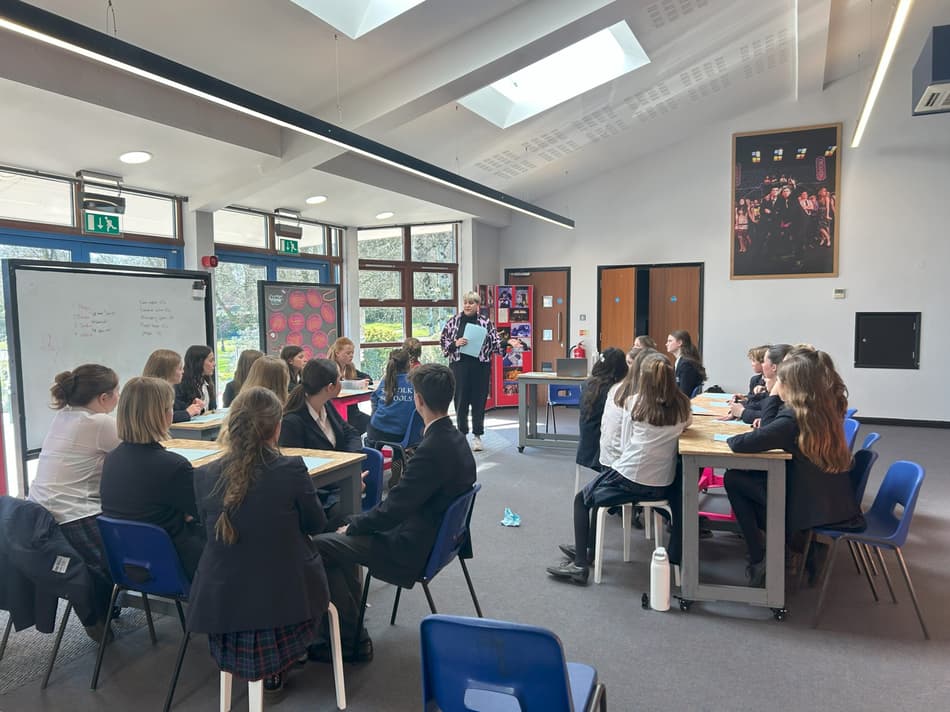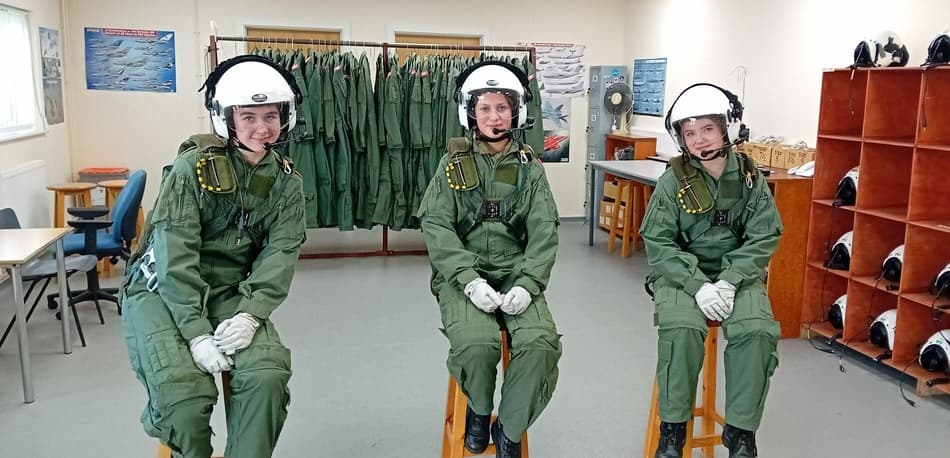Exams. One simple word can stir up a huge range of emotions. For some it is an opportunity to show off acquired knowledge and is a validation of hard work and effort. For others it is a memory test that strikes fear and insecurity and is a disappointing finale on a period of hard work and effort. For many it is just another activity to do during the day.
There are many advantages to being part of a 4-18 school and the lack of exam pressure is an important one. In so many schools across the land Year 6 can turn into ‘flat SATS practice’ or ‘past paper pain’ an overload of repetitive paper exercises designed to ensure a particular hoop or exam is successfully negotiated. To be fair, it works. A dull diet of test and retest ensures that pupils are able to rollout formulated answers and number crunch to get the desired grade. However, and you probably guessed there was one coming, when the children move on to their senior school and are expected to utilise this knowledge they don’t know how to apply what they have learnt because that was not why they memorised it in the first place.
The traditional route into independent senior school, through the exams known as Common Entrance (common due to the fact all pupils sat the same papers into all senior schools) has been called into question as Patrick Derham OBE, Headmaster of Westminster School states, “The reality is the exam has become for us an exit test rather than a genuine entrance examination.”
In truth these exams have been under threat for a while. Many schools have turned to group activities, interviews and problem solving puzzles to test how pupils are able to apply their knowledge, work with others and demonstrated resilience and independence of thought. Senior schools want to see that pupils can connect their thoughts, join up theories and understand and enjoy their learning.
As Mr Derham also notes, “This exam heaps pressure on pupils, parents and teachers, fuelling unnecessary anxiety and stress.”
Fortunately we are not constrained by this curriculum and the need to tick boxes to ‘exit’. Our Year 6 curriculum is vibrant, varied and full of opportunity and development the right way, in my opinion, to celebrate all that has been learnt during the magical time that is prep school. There are still exams (or tests!). However these occur at appropriate points throughout the year from Year 2 onwards and the children see them as an opportunity to find out what they can do and a chance for further learning. They are not an event to be scared of and when GCSEs and A-levels come round our children are not scared.
I am delighted that this change will allow more schools around the country to benefit from the curriculum we already enjoy. Removing Common Entrance will allow schools to “use this freedom to develop their curriculums in ways that are even more rigorous and inspiring… and enable young minds to flourish,” Patrick Derham.
Nicola Mitchell
Quotes taken from “Common Entrance exam is a burden children do not need” by Patrick Derham OBE, Headmaster of Westminster School writing in the SATIPS publication, Prep School, Spring 2019 Issue 94.



